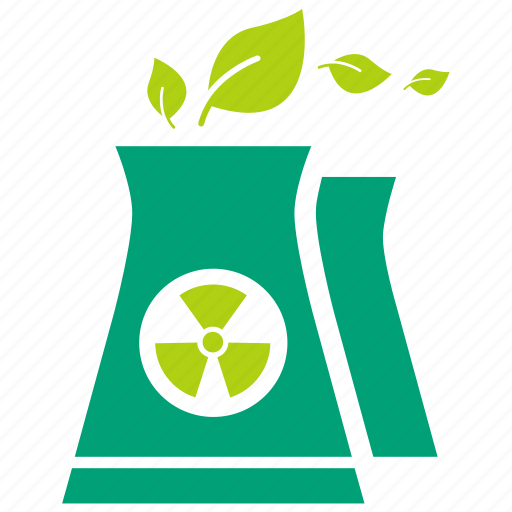The American Bureau of Shipping has released its latest report into the potential of advanced nuclear technology for maritime applications, with a study of a small modular reactor on a standard liquefied natural gas carrier.
The report notes that large liquefied natural gas (LNG) carrier vessels are increasing in demand as the international LNG trade remains important for global energy security. LNG is stored on board in large cryogenic tanks that maintain natural gas (primarily methane) in a liquid state around -165°C. The typical energy demand for LNG carriers is between 30 to 75 MW.
The scope of the American Bureau of Shipping (ABS) study - titled Pathways to a low carbon future: LNG carrier nuclear ship concept design - was to consider and discuss a standard LNG carrier design using nuclear power for propulsion and other primary energy needs. A conceptual future zero-emissions LNG carrier is presented to illustrate how one type of advanced nuclear fission technology may be applied for shipboard power in the future, with an emphasis on what aspects of ship and reactor design may require further investigation to guide the development of the integrated technology and regulatory framework.
The transformational impact of a high-temperature, gas-cooled reactor (HTGR) on the design, operation and emissions of a 145,000-cubic-metre LNG carrier design was modeled by ABS and Herbert Engineering Corporation. ABS said the study was designed to help industry “better understand the feasibility and safety implications of nuclear propulsion and to support future development projects”.
The study shows a nuclear-propelled LNG carrier would have specific design features, with reactors placed at the rear of the vessel (to shield the cryogenic cargo from the thermal load of the reactor compartment) and batteries forward of the location occupied by fuel tanks on current vessels and a reinforced hull. Given design constraints, the HTGR technology would only be suitable for larger LNG carriers.
“The study provides ABS and the industry important information on heat and energy management, shielding, weight distribution, and other design features for an LNG carrier with nuclear propulsion,” ABS said. “This will assist the identification of design issues that will inform future Rules development. The study also found the HTGR technology allowed faster transit speeds and offers zero-emission operations. There would also be no requirement to refuel, although the HTGR technology would need replacing approximately every six years.”
ABS said the benefits from nuclear propulsion include decarbonised high-power availability, reduced or eliminated bunker costs, and associated reduced bunker time in port.
“Nuclear power would be an ideal means of drastically abating shipping emissions, but significant hurdles remain in public perception and international regulations before this can be achieved,” it adds.
“While this technology is well understood on land, adapting it for marine application is in its infancy,” noted ABS Senior Vice President and Chief Technology Officer Patrick Ryan. “However, this study and the other research we have carried out clearly highlight its significant potential to address not only shipping’s emissions challenge but to deliver a range of other operational advantages to the industry. ABS is committed to helping the industry evaluate its suitability for use in a range of use cases and LNG carriers is just one of a range of potential applications we are exploring.”
In August 2022, ABS announced it had been awarded a contract by the US Department of Energy (DOE) to research barriers to the adoption of advanced nuclear propulsion on commercial vessels. Working with support from DOE’s National Reactor Innovation Center, based at Idaho National Laboratory, ABS is developing models of different advanced reactor technologies for maritime applications and developing an industry advisory on the commercial use of modern nuclear power.
In July last year, a study commissioned by ABS explored the potential of advanced nuclear reactor technology for commercial marine propulsion. ABS commissioned Herbert Engineering Corporation to carry out a study designed to help the shipping industry better understand the feasibility and safety implications of nuclear propulsion and to support future development projects. The study modelled the impact of nuclear propulsion on the design, operation and emissions of a container vessel and a Suezmax tanker.



Want to make a terrible product even worse? Transport it with radioactive material nearby! Say “fuck you” to the next generation AND many more after that!